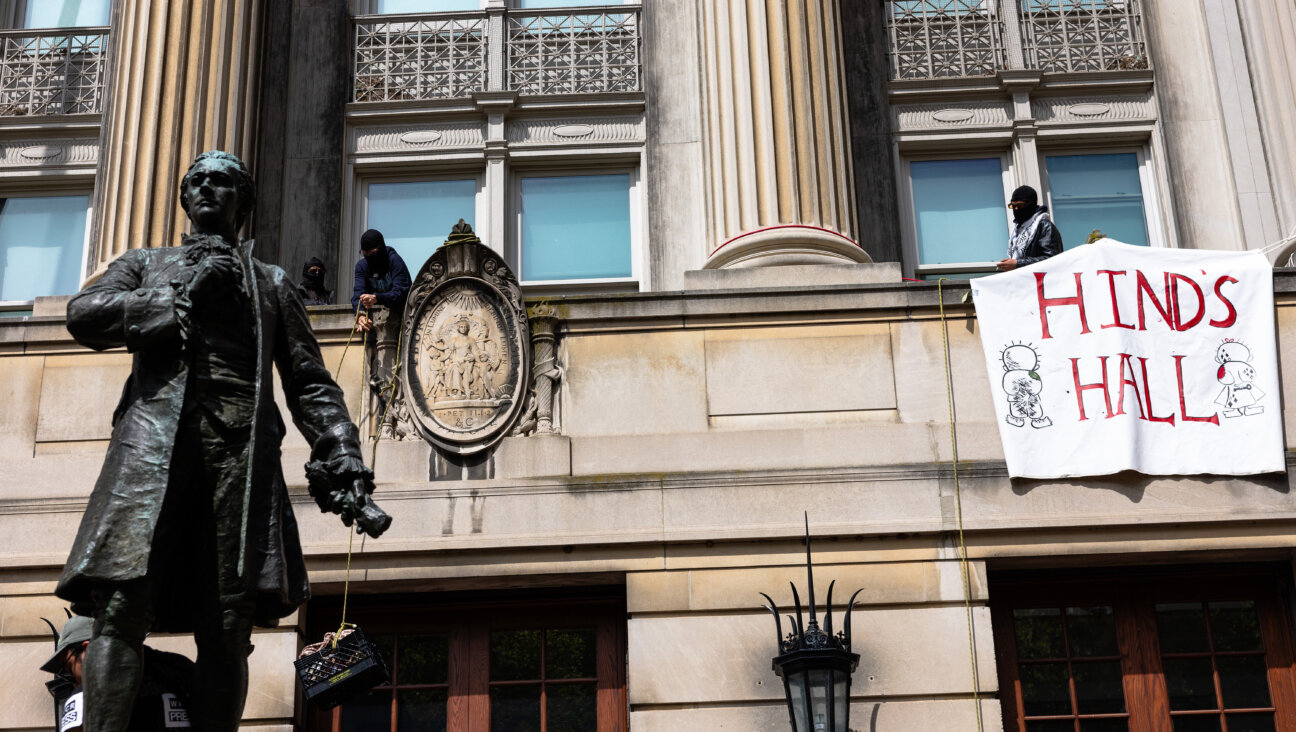Sheryl Sandberg’s $11M Facebook Windfall

Big Haul: Facebook CEO Sheryl Sandberg has sold some $11 million worth of the company?s shares in the past month, although she is still keeping plenty, too. Image by getty images
Shares of Facebook Inc jumped as much as 11.2 percent on Wednesday, even as the biggest block of shares held by insiders became eligible for sale for the first time since the social media company’s disappointing debut in May.
Facebook shares were up 8.5 percent at $21.54 in heavy morning trade on the Nasdaq, off an earlier high at $22.09.
Chief Operating Officer Sheryl Sandberg has sold shares worth just over $11 million, though she still owns roughly 20 million vested shares in Facebook.
In August, Facebook board member Peter Thiel sold roughly $400 million worth of Facebook stock, the majority of his stake, when an earlier phase of lockup restrictions expired.
Facebook’s 28-year-old chief executive, Mark Zuckerberg, has pledged not to sell any shares before September 2013.
“While the lockup is expiring, there is nothing requiring anybody to sell,” said Tim Ghriskey, chief investment officer at Solaris Group in Bedford Hills, New York. “Given the low price, these long-term holders are deciding to hold the stock, and that is lifting it here as the fear of the expiration subsides.”
Roughly 800 million Facebook shares were eligible for sale on Wednesday after restrictions on insider selling were lifted on the biggest block of shares since the May initial public offering.
The lockup expiration greatly expands the 921 million-share “float” available for trading on the market until now.
Facebook, the world’s No. 1 online social network, became the only U.S. company to debut with a market value of more than $100 billion. But its value has dropped nearly 50 percent since the IPO on concerns about money-making prospects over the long term.
Insider trading lockup provisions started to expire in August, and the rolling expirations have added to the pressure on Facebook’s stock.
Restrictions on Facebook insiders selling their shares have expired in waves. A restriction on more than 200 million shares expired on Oct. 29.
COST OF SHORTING
Pivotal Research Group analyst Brian Wieser said he did not expect Facebook insiders to sell all of their shares as the lockups expired.
“I would expect heavy volumes over the next few weeks, but not undigestible volumes,” said Wieser. By his estimate, roughly 486 million of the nearly 800 million newly freed Facebook shares will be sold.
There is some evidence that the heavy interest in “shorting” the stock was dissipating, given the poor performance since it first sold shares in May. Investors who believe a stock will fall can bet against it by shorting the stock, that is, borrowing it and selling it in the hopes it will decline.
According to Markit’s Data Explorers, about 28 percent of the shares available for short-selling were being borrowed for that purpose, down from a high of more than 80 percent in early August.
Similarly, SunGard’s Astec Analytics, which also tracks interest in shorting, noted that the cost of borrowing Facebook shares is down more than 50 percent since the beginning of the month.
“Everything would seem to indicate the market is losing its appetite to short Facebook,” wrote Karl Loomes, market analyst at Astec.
The cost of shorting Facebook has declined to 0.18 percent on an annualized basis, Astec said on Wednesday. By contrast, shortly after the IPO, the cost to short the stock ranged from 40 to 50 percent annually.
“It’s become somewhat of a controversial stock – it always adds fuel to the fire if you have a sizable short position,” said Stephen Massocca, managing director at Wedbush Morgan in San Francisco.
“But the unlock is not new news. It doesn’t mean everyone is going to sell and it doesn’t mean every order is going to come in today.”
Several members of Facebook’s senior management have sold millions of dollars’ worth of shares in recent weeks through pre-arranged stock trading plans as lockup restrictions expired.

I hope you appreciated this article. Before you go, I’d like to ask you to please support the Forward’s award-winning, nonprofit journalism during this critical time.
Now more than ever, American Jews need independent news they can trust, with reporting driven by truth, not ideology. We serve you, not any ideological agenda.
At a time when other newsrooms are closing or cutting back, the Forward has removed its paywall and invested additional resources to report on the ground from Israel and around the U.S. on the impact of the war, rising antisemitism and the protests on college campuses.
Readers like you make it all possible. Support our work by becoming a Forward Member and connect with our journalism and your community.
Make a gift of any size and become a Forward member today. You’ll support our mission to tell the American Jewish story fully and fairly.
— Rachel Fishman Feddersen, Publisher and CEO
Join our mission to tell the Jewish story fully and fairly.
























